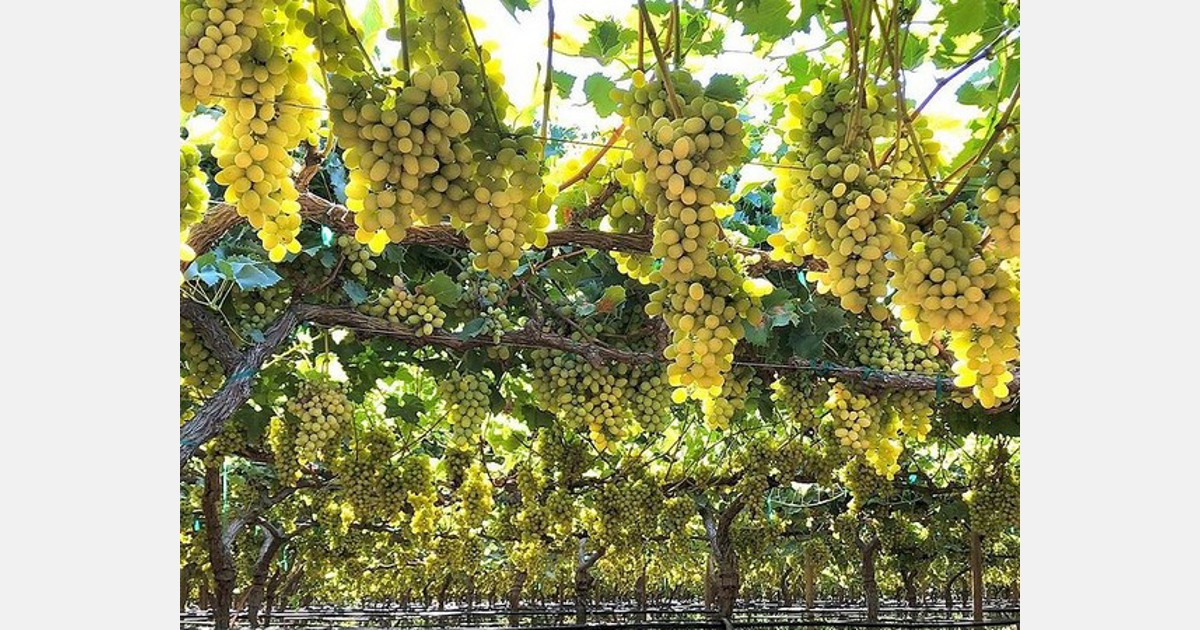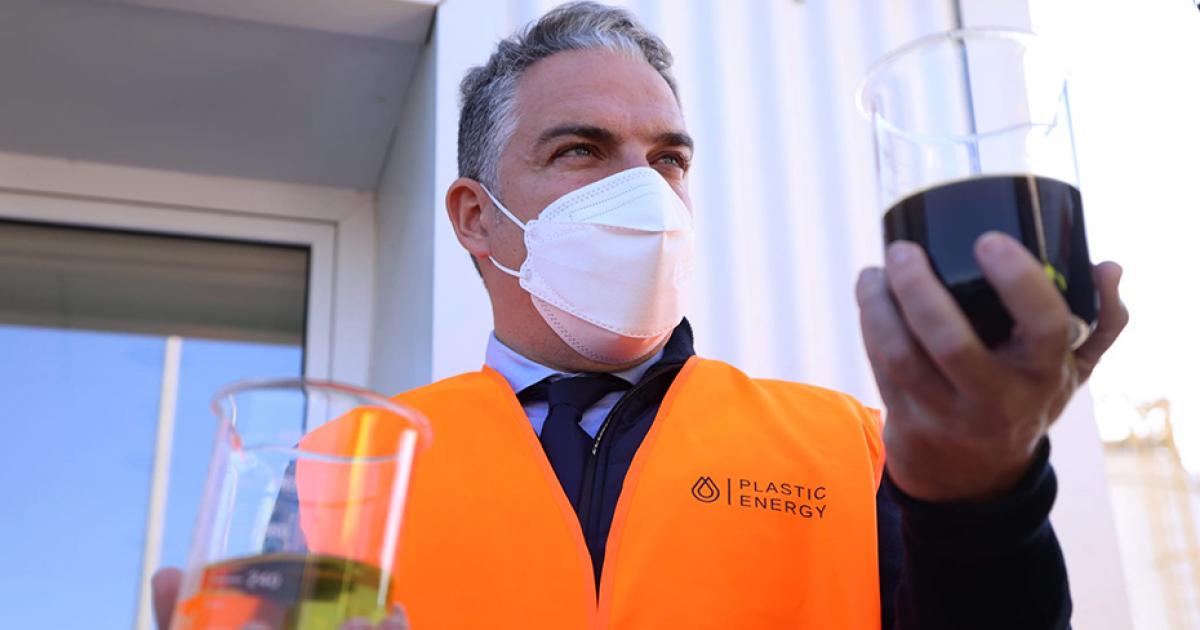Algeria faces a multifaceted crisis, one of the most serious since the North African country’s independence in 1962. Seething social and economic unrest has combined with lingering political grievances that began with the uprising of the Hirak of 2019 which called for the end of the decades. long reign of Abdelaziz Bouteflika.
But today, the urgency is above all economic. A recession, first triggered last year by falling oil prices and made worse by the coronavirus pandemic, threatens millions of Algerians with the ability to properly put food on the table. Families have been hit by a decision last month by the cash-strapped state to eliminate subsidies for basic food and energy items, which amount to more than $17 billion a year.
Where’s my tagine?
Since the beginning of 2021, long before other countries started to be affected by inflation, prices in Algeria have been rising rapidly on products such as milk, oil, pasta and pulses. Chicken, on which most low- and middle-income households depend, has become a hard-to-find luxury.
Yet increasingly, economic hardship is measured by the shortage of a staple that is a key ingredient in national dishes such as tagine or chtitha batata: the potato. Indeed, the price of potatoes has almost tripled on the Algerian market in a few months, becoming a symbol of the deterioration of the country’s economic situation, stoking the anger of low-income households and triggering the risk of street demonstrations.
The authorities in Algiers are once again evading their responsibilities
As a pan-African daily Young Africa reports, with a sharp increase from 60 dinars ($0.43) to 140 dinars ($1) per kilogram, the humble potato has been hit hard, especially as the monthly minimum wage in the country is lower at 20,000 dinars ($144). This means that for the poorest citizens, one hour of work is not enough to afford a kilo of potatoes, one of the most basic and essential goods for Algerian households.
In an attempt to regulate the so-called “potato crisis”, the government last month announced the establishment of direct sales operations for potatoes at a fixed price of 50 dinars per kilo, and declared that he would start the urgent importation of the staple food.
Market manipulation or mismanagement of the state?
Pointing the finger at local authorities, farmers identified two main problems at the root of these shortages: the mismanagement of an ongoing water crisis, dramatically worsened by the scarcity of rainfall, and the reduction of 50% of cultivable land due to lack of storage facilities.
State officials instead blame farmers for soaring fruit and vegetable prices, including potatoes, saying they tried to manipulate the market by hoarding supply. In October, some 840 tonnes of potatoes were seized from a cold room in Boumerdes, just days after 600 tonnes were discovered in a nearby town. Police raids have become commonplace in the region.
Algiers points the finger at speculators in the agri-food sector, or “Pablo Batata” as some Internet users call them, accused of stockpiling foodstuffs in order to drive up the prices of basic necessities, enriching themselves on the backs of ordinary citizens .
Algeria is the largest country in Africa and yet less than 4% of the national territory is available for agriculture
In an attempt to contain the situation, the state closed 17 storage warehouses, declaring these cold rooms to be “illegal”. Following this, a bill to criminalize speculation, with penalties of up to thirty years in prison “if the offense involves commodities such as cereals, milk, oil, sugar and legumes” was adopted on 1 December.
However, Abdou Semmar, an Algerian journalist, told the Moroccan daily Hespress that the authorities in Algiers have once again shied away from their responsibilities, identifying new scapegoats to blame. “They accuse the farmers of being criminals. It’s like saying that they hide all the potatoes in the country to raise the price. It’s a story that doesn’t hold water.”
Lack of arable land
Meanwhile, Agriculture Minister Abdelhamid Hamdani has been removed from his post over allegations that he submitted false reports on national production to Algerian President Abdelmadjid Tebboune. Furthermore, the online investigative journal Algeria Part More reports that under the Bouteflika regime, Hamdani was also at the heart of a corruption scandal, linked to the illegal allocation of several thousand hectares of agricultural land to billionaire oligarchs.
Measured by area, Algeria is the largest country in Africa and the tenth largest in the world, but has only 8.5 million hectares available for agriculture. This equates to less than 4% of the national territory, which includes a vast Saharan area that is largely uncultivable. Nevertheless, Algeria can produce about five billion tons of potatoes per year, making it the world’s twentieth largest producer. In fact, last year Algiers even announced that it would start exporting potatoes.
The potato sector, like the rest of Algeria’s agricultural industry, has the potential not only to feed the nation, but also to build export capacity. Yet there are prerequisites: mastering the latest technologies, defining a forward-looking business strategy, and as with other aspects of Algerian life: fixing politics.
From articles on your site
Related articles on the web


/cloudfront-eu-central-1.images.arcpublishing.com/prisa/G5VGGYQ3Y2CBIGFD2XOMHTPZ6M.JPG)
/cloudfront-eu-central-1.images.arcpublishing.com/prisa/BMLAYW64EZDUHKTXZ6ZQHV5WCY.jpg)
/cloudfront-eu-central-1.images.arcpublishing.com/prisa/YICG4UUPGBGG5CNHHW4HYQYBNE.jpg)


/cloudfront-eu-central-1.images.arcpublishing.com/prisa/6NEZ5YN6THSO7PETWC2GT5K5GI.jpg)



